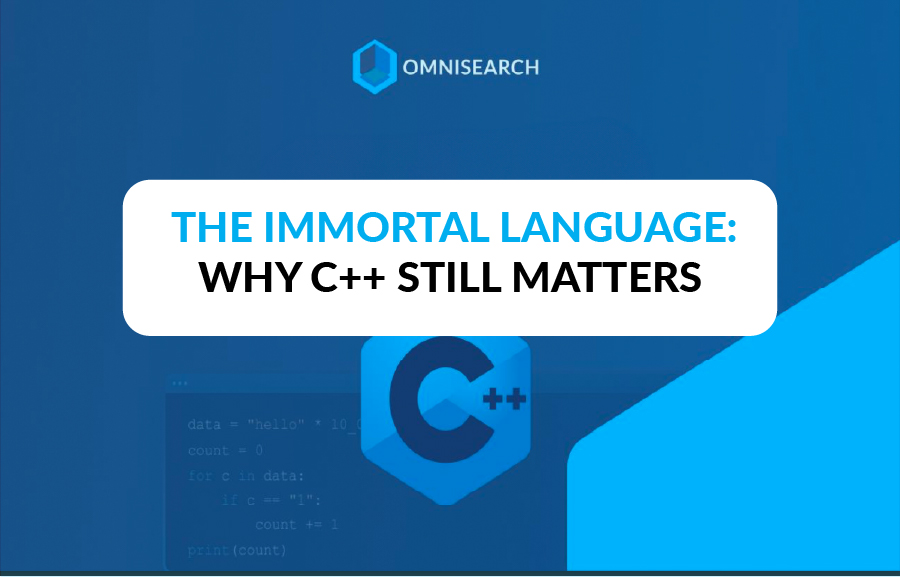The Science of Personalized Learning with AI

Patricia Butina
Marketing Specialist
Published:
June 26, 2025
Topic:
Insights

Personalized learning transforms education by adapting content to each individual’s needs, much like a bespoke suit crafted for a perfect fit and comfort. In the rapidly evolving landscape of educational technology, Omnisearch stands out as a semantic search engine that delivers relevant learning materials with precision and context-awareness. This deep dive unpacks the psychological and neuroscientific foundations of personalized learning, weaving together simplified examples, real-world comparisons, and practical insights to illuminate how Omnisearch operationalizes these cutting-edge principles.
Mastering Mental Effort: Managing Cognitive Load
Our brains can only juggle a few pieces of information in working memory at once, making cognitive load management crucial for effective learning. When a complex topic like algebra is presented all at once, learners often feel overwhelmed, akin to trying to drink from a firehose. Cognitive Load Theory categorizes load into intrinsic complexity (the inherent difficulty of the material), extraneous load (unnecessary distractions), and germane load (the mental work that builds schemas). Omnisearch tackles extraneous load by segmenting topics into concise, digestible snippets and sequencing content by prerequisite knowledge, ensuring learners progress step by step. By promoting reflective prompts immediately after content delivery, such as targeted quizzes or real-life scenarios, Omnisearch fosters germane load, guiding learners to integrate new concepts into robust mental frameworks.

Building on What You Know: Prior Knowledge and Schemas
Imagine exploring a new city with a detailed map versus stumbling through unfamiliar streets without guidance. Prior knowledge serves as that map, enabling learners to contextualize new information efficiently. Schema Theory explains that existing mental frameworks simplify the assimilation of related content. Omnisearch assesses each learner’s background, be it a novice Python coder or an experienced data scientist, and tailors search results accordingly. For example, a learner proficient in basic programming might skip introductory tutorials and instead receive advanced code snippets on API integration, preventing boredom and promoting engagement. This alignment with prior knowledge not only reduces cognitive strain but also accelerates skill acquisition by meeting learners exactly where they are.

Sparking Deep Understanding: Germane Cognitive Activities
Deep learning transpires when learners actively engage with material, transforming passive input into lasting understanding through schema construction. Simple activities like completing sentence cloze exercises in a language lesson or solving case-based scenarios in medical training exemplify germane load in action. Omnisearch enhances this process by embedding practice prompts and real-world examples directly into the search experience. For instance, after retrieving a video on cardiovascular physiology, medical students might receive immediate case-study questions that encourage them to apply theoretical knowledge to patient symptoms. This seamless integration of retrieval and practice solidifies understanding and enhances long-term retention.
The Brain’s Learning Engine: Neuroscientific Foundations
Behind every successful learning session lies optimal engagement of the prefrontal cortex (PFC), the brain’s executive center responsible for holding and manipulating information in working memory. Neuroscientific research reveals that moderate challenge levels maximize PFC activation, strengthening synaptic connections and enhancing memory consolidation. Tasks that are too simple lead to under-stimulation, while overly difficult tasks induce stress and disengagement. Omnisearch mimics adaptive learning experiments by tracking user behavior, such as response time and navigation patterns, to finely tune content difficulty in real time. This dynamic adjustment ensures learners remain within their “zone of proximal development,” where they are challenged just enough to promote growth without frustration.

Motivation Through Autonomy and Mastery: Self-Determination in Action
Intrinsic motivation flourishes when learners experience autonomy, competence, and relatedness, as described by Self-Determination Theory. Personalized learning platforms like Omnisearch bolster autonomy by offering curated content pathways aligned with individual interests. Competence is reinforced through tasks calibrated to each learner’s skill level, delivering just-right challenges that foster a sense of achievement. Social features, such as shared annotations and collaborative workspaces, address relatedness, creating supportive learning communities. For example, high school students exploring environmental science might curate personalized research topics, discuss findings in peer forums, and receive immediate, scaffolded feedback, thereby igniting sustained engagement and a passion for discovery.
AI-Powered Semantic Personalization: How Omnisearch Gets Smart
At the heart of Omnisearch lies transformer-based semantic embeddings that translate queries and documents into multidimensional vectors, enabling concept-level matching beyond mere keywords. This capability resembles pairing puzzle pieces by shape and pattern rather than just color. Moreover, Omnisearch’s unified indexing of text, audio, and video resources caters to diverse learning preferences and minimizes cognitive friction associated with switching modalities. Learners benefit from an intelligent search assistant that not only retrieves relevant materials but also anticipates their needs, delivering follow-up prompts, customized difficulty adjustments, and multimodal content recommendations that seamlessly guide the learning journey.
.png)
Conclusion
Personalized learning is more than a buzzword; it represents a data-driven, scientifically grounded approach that aligns teaching with individual cognitive and motivational profiles. By managing mental effort, leveraging prior knowledge, fostering deep engagement, and harnessing the power of AI-driven semantic search, Omnisearch transforms educational content into a dynamic, learner-centric experience. As educators and technologists continue to collaborate, integrating these principles into mainstream practice promises to unlock each learner’s full potential, creating more efficient, joyful, and impactful learning pathways for all.





